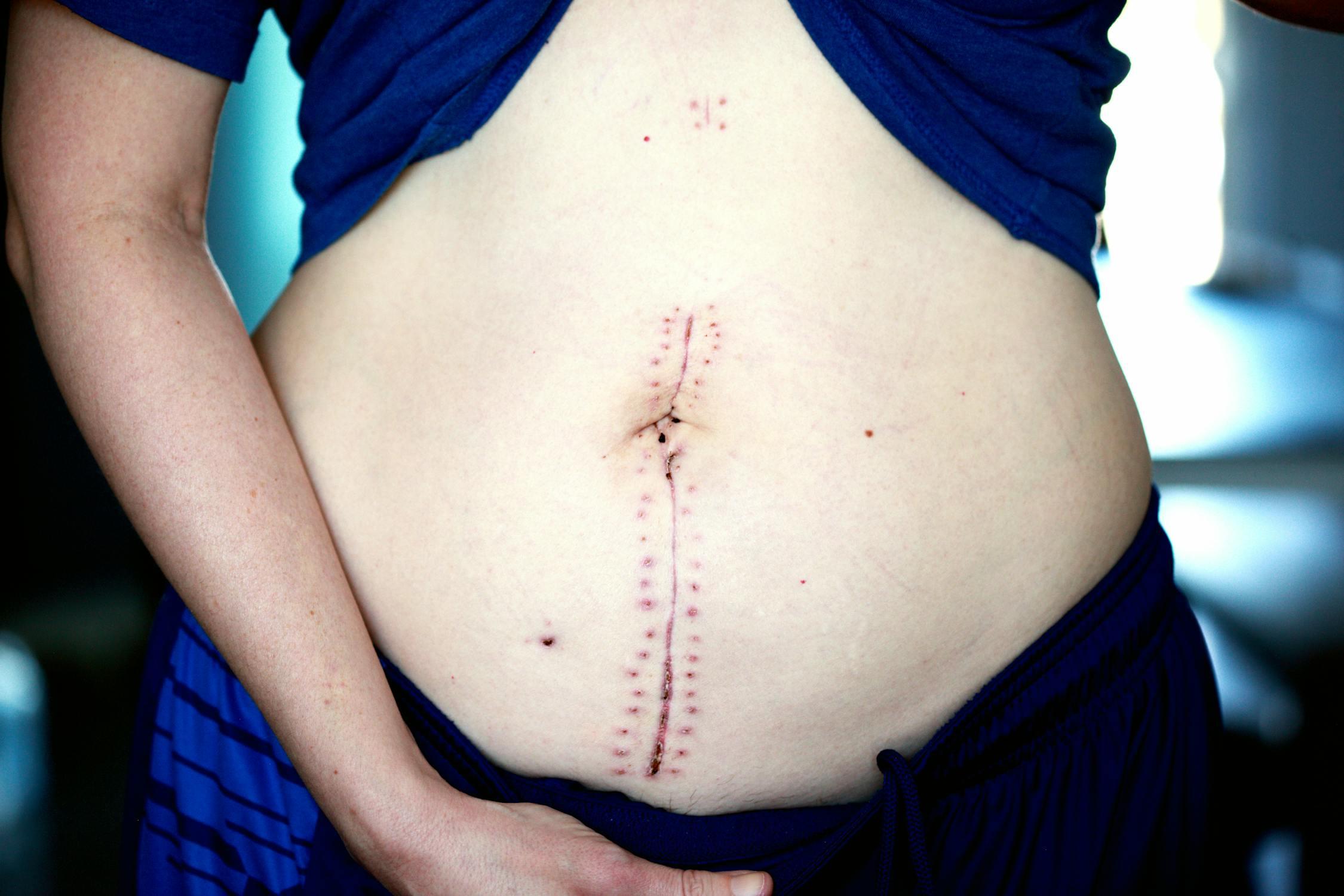Ever felt like your belly has its own story to tell? Maybe it does. A stressed life or the journey through motherhood can leave lasting impressions on our bodies; sometimes more than we ’d like. It’s easy to think that a little extra belly fat is simply the result of extra food or missed workouts, but for many, a “stress belly” or “mommy belly” isn’t just about calories.
Instead, these types of belly fat come from deeper sources: the physical and emotional challenges of stress or pregnancy. As the old proverb goes, ‘what you carry in your heart shows on your face,’ but sometimes it shows around your waist too. In this article, we’re diving into the distinct characteristics of stress belly and mommy belly, helping you understand why they develop and the ways each can impact your health.

Stress Belly
Stress belly is a term used to describe extra fat that builds around the stomach when you are under a lot of stress for a long period of time. This type of belly fat often makes the stomach look puffy and bloated. It is different from regular fat because it is caused by stress and emotion rather than just eating too much or not exercising enough.
Causes of Chronic Stress and Cortisol Level
When you are stressed out all the time, either from work, school, or even personal problems, your body reacts in a certain way. This ongoing stress can lead to changes that make you gain weight, especially around your belly. Many people cope with stress differently. Some people may decide to eat unhealthy foods which can also contribute to their weight gain.
For cortisol production, when you are stressed, your body produces a hormone called cortisol. This hormone is meant to help you deal with stress, but if it stays high for too long, it can make you feel hungrier. When you start feeling hungrier, you might start to crave sugary or fatty food which would lead you to overeat.
Also, cortisol encourages the body to store fat especially around the belly area because it thinks you need to save energy for when you are under stress.
Health risks of a Stressed Belly
The combination of high cortisol levels and more eating can lead to obesity, which increases the chances of having serious health issues like heart diseases and diabetes. Also, stress can affect your stomach and cause issues like indigestion and bloating. Furthermore, the cycle of stress and weight gain can also affect your mood, which can lead you to have anxiety or even depression. This can make you feel worse and create more stress, making the situation even harder to manage.
Mommy Belly
Many women struggle with what is commonly called a “mommy belly” long after pregnancy. Some people think this extra fat is just a result of weight gain, but it’s actually much more than that.
Mommy belly often refers to the soft, bulging area around the abdomen that doesn’t easily go away even with diet and exercise. Basically, it is a lingering belly pouch many women experience after childbirth.
Unlike regular belly fat, it is often caused by the stretching and weakening of the muscles and tissues around the abdomen during pregnancy. As a child grows, the muscles in the belly can separate, causing a gap known as diastasis recti. This gap doesn’t always close completely after birth, which is why some women continue to have a round or bulging belly.
Causes of Mommy Belly
The cause of mommy belly is obviously clear. It is as a result of muscles and the skin around the stomach stretching significantly to make room for the growing baby. In many cases, the muscles don’t return to their original position, leaving a soft belly that is difficult to tighten.
Challenges of Losing Mommy Belly
Losing a mommy belly can be particularly challenging compared to other types of belly because traditional exercises like crunches can sometimes make it worse. It can take time, patience and personalized workouts to see improvements in the belly. Some women may need medical assistance or physical therapy to fully heal.
Bottom Line
You may not know this, but belly fat isn’t just one type of fat; it’s a blend of different kinds, each with a unique impact on your body. Belly fat goes beyond just being extra weight around your waistline; it can seriously impact your health in ways you might not realize. Some belly fat sits just beneath the skin, while other types wrap around your vital organs, leading to potential health issues.

















